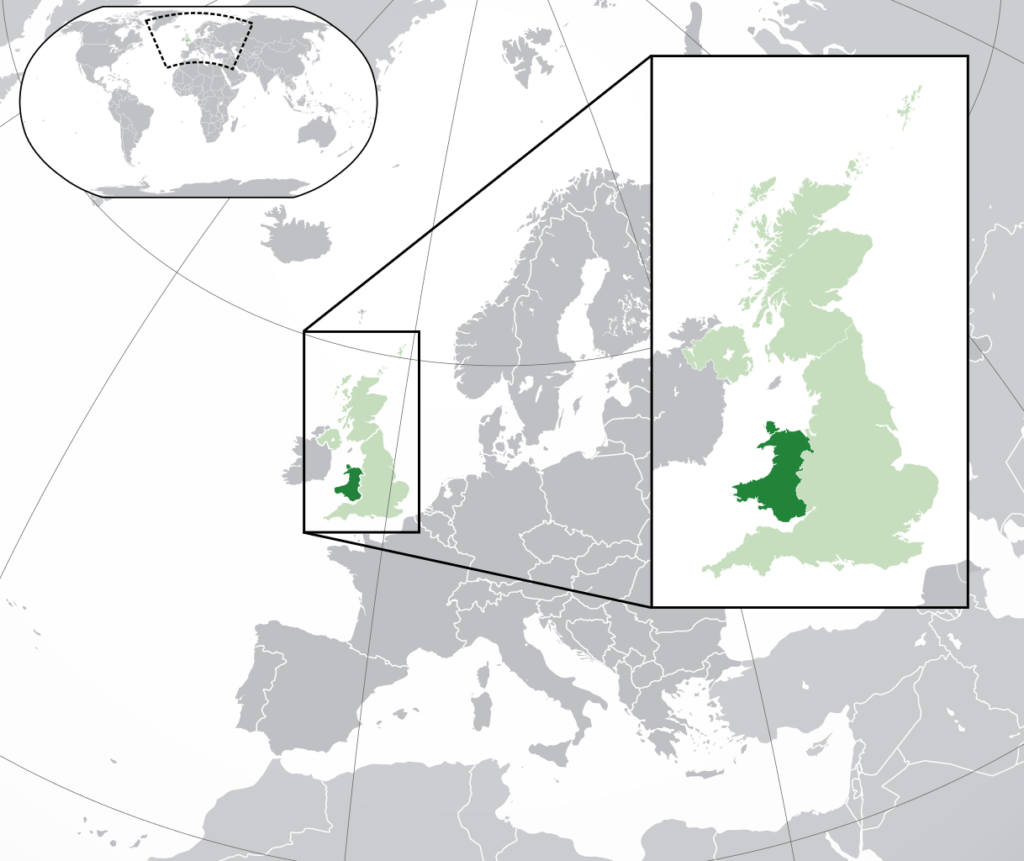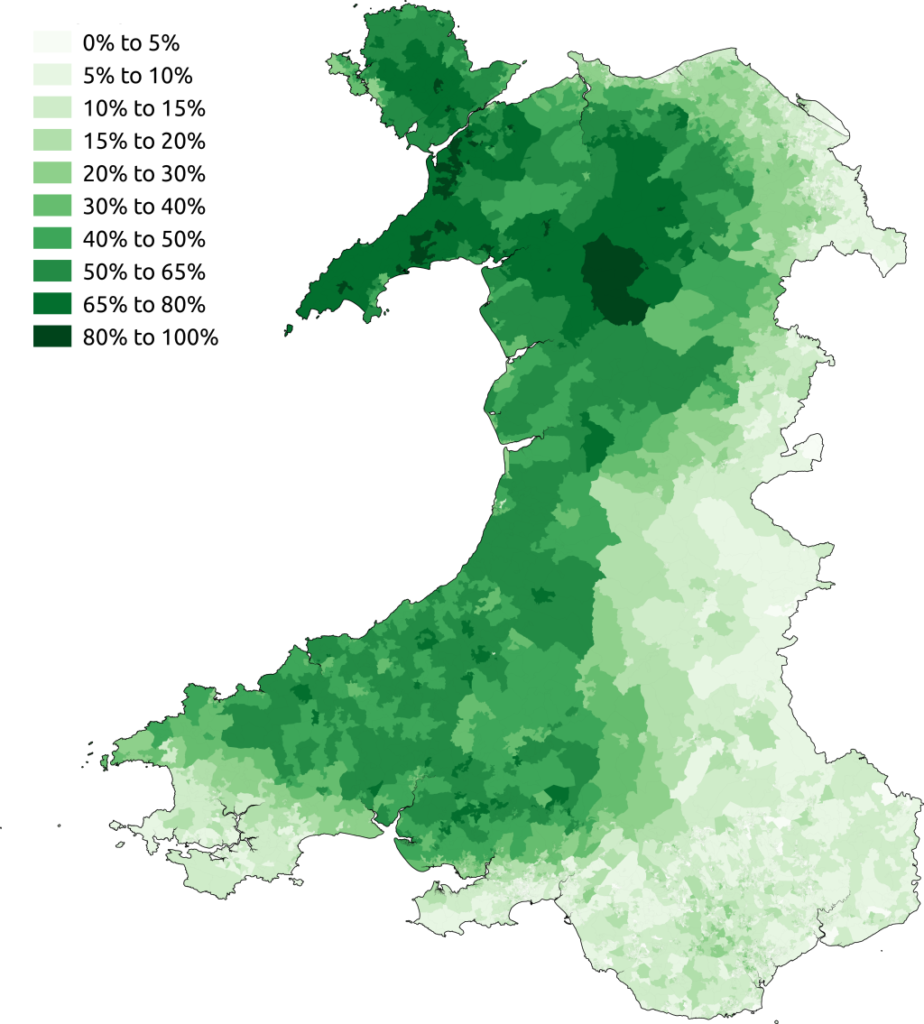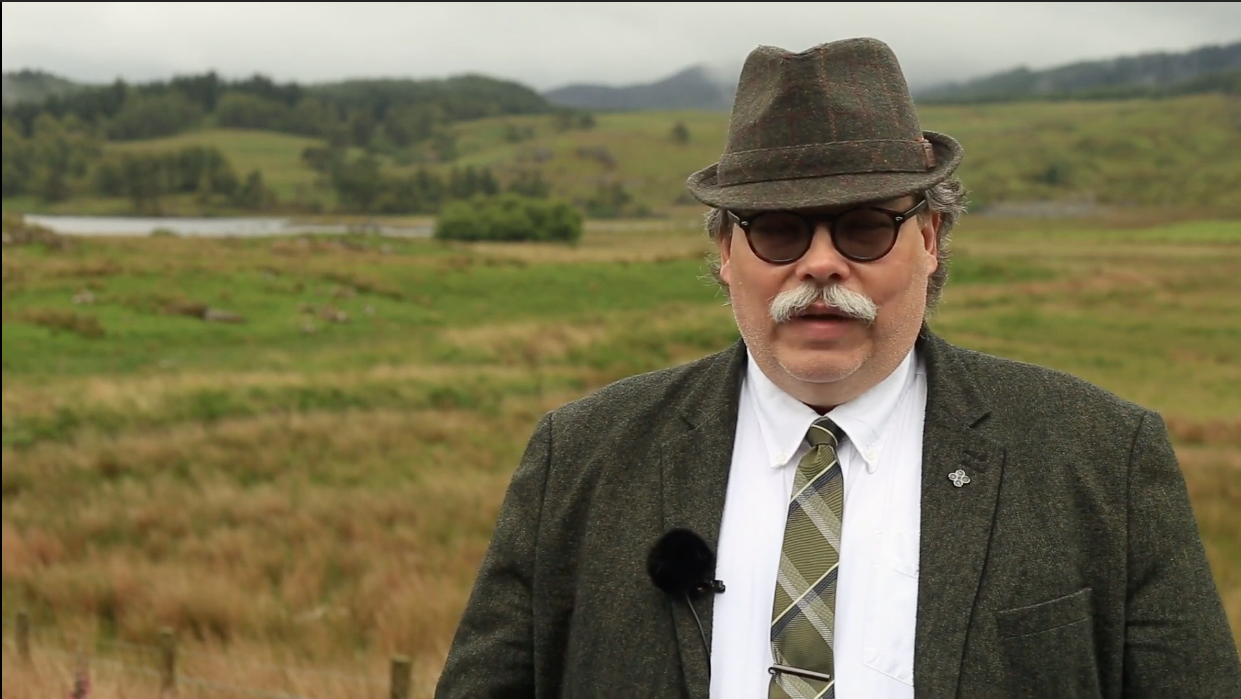Welsh is one of the seven Celtic languages and communities of speakers exist in Wales, England and Argentina. The focus of Linguæ Christi’s work is primarily within western parts of Wales where Welsh speakers are at their highest densities.
Quick facts for Welsh speakers
| People Group in their language | Cymry Cymraeg |
| Language in their language | Cymraeg |
| Language Affinity Group | Celtic Languages |
| Primary location where speakers live | Wales |
| Primary dialects | North and South Walian |
| Trade language | British English |
| Number of speakers | 855,000 speakers in Wales |

Attribution: Blank map of Europe (with disputed regions).svg: maixderivative work Alphathon /’æɫfə.θɒn/ / CC BY-SA

Attribution: SkateTier / CC BY-SA
Examples of Welsh speech and song
The Bible in Welsh
The first full translation of the Bible was completed in the 16th century and is named after its translator, William Morgan. This version was used for several centuries and is credited by some for unifying the Welsh language and preserving its use into modern times. This version is still widely accessible today.
The next full translation of the Bible, Y Beibl Cymraeg Newydd, was published in the 1980s followed by a revised version of this edition in 2004. beibl.net is the latest full translation of the Bible and the first in colloquial Welsh. It was initially released online and appeared in full in print in 2015. Both above versions are in wide use today.

Linguæ Christi and Welsh speakers
Our work in Welsh-speaking communities began in the 1990s and continues to this day. Our work ranges from supporting established churches to church planting and revitalisation efforts in conjunction with local believers. Though Wales was once known as a nation that sent missionaries in large numbers around the world, the number of evangelical Christians fell sharply in the 20th century. In recent years God has answered prayers throughout Welsh-speaking communities. Though the Church here is still small in number, those who are faithful remain committed to seeing God move again in their cities, towns and villages.
Opportunities to join us in Wales

29 May – 28 June 2021

